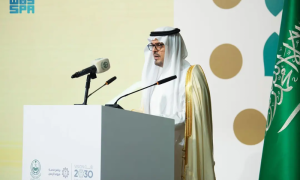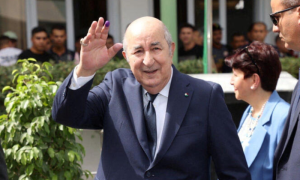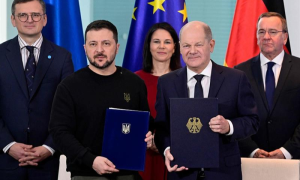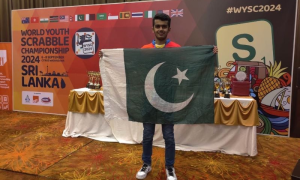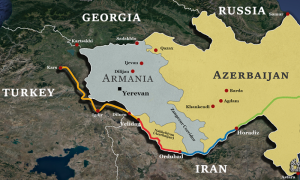Indian Prime Minister Narendra Modi boldly claimed on Friday that Pakistan was aspirant of relevance through “terrorism” and “proxy war,” drawing attention from around the world, but he also warned that such strategies would ultimately fail. India has charged Pakistan for decades of providing cover to Islamist terrorists opposing India’s authority in the Himalayan region. Modi’s pointed criticism, nonetheless, ignored India’s own contentious conduct throughout the previous 77 years in Indian Illegally Occupied Jammu and Kashmir (IIOJK). These accusations are a part of a larger plot to paint India as the victim of foreign aggression in order to deflect criticism away from its divisive internal issues and policies at home. Conversely, Pakistan has continuously addressed these accusations with calm diplomacy, highlighting its dedication to regional peace and stability.
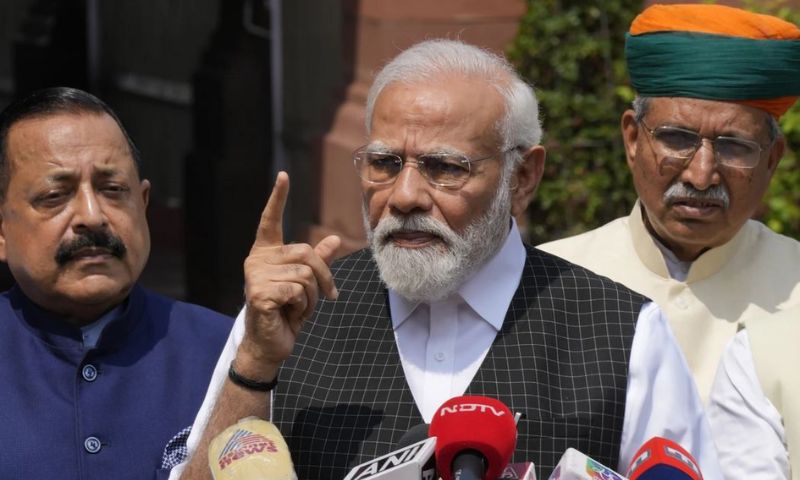
The situation in IIOJK is emblematic of how India deals with dissension and turmoil. Kashmir has been a disputed subject since British India was divided in 1947. The local populace has been subjected to decades of violence, violations of human rights, and political marginalization as a result of this geopolitical battle. A major turning point in this protracted dispute was the removal of Article 370 in August 2019, which deprives Jammu and Kashmir of its unique status. Widespread criticism of this action resulted in a rise in regional militarization and crackdowns.
Human Rights Violations in India and IIOJK
The plight of minorities within India further complicates the situation. Religious and ethnic minorities feel more alienated in this climate as a result of the escalation of Hindu nationalism under Modi’s leadership. An increasingly high number of lynchings, mob violence, and hate crimes have been committed against Muslims, Dalits, and other minority groups. These acts, which are frequently carried out with impunity, present an unsettling image of a nation that takes pride in its secular constitution and democratic ideals.
Pakistan’s responses to Indian accusations have been characterized by a commitment to dialogue and diplomatic engagement. Pakistan has continuously underlined the significance of settling conflicts peacefully, in spite of provocations. Following the incident in February 2019, when Pakistan shot down an Indian fighter jet in retaliation for an aerial intrusion, this strategy was made clear. Pakistan’s choice to return the pilot who had been arrested as a show of goodwill highlighted its readiness to reduce hostilities and look for diplomatic solutions. But India’s response to the incident—characterized by calls for retaliation and nationalistic fervor—highlighted the difficulties in promoting sincere communication in a hostile and mistrustful atmosphere.
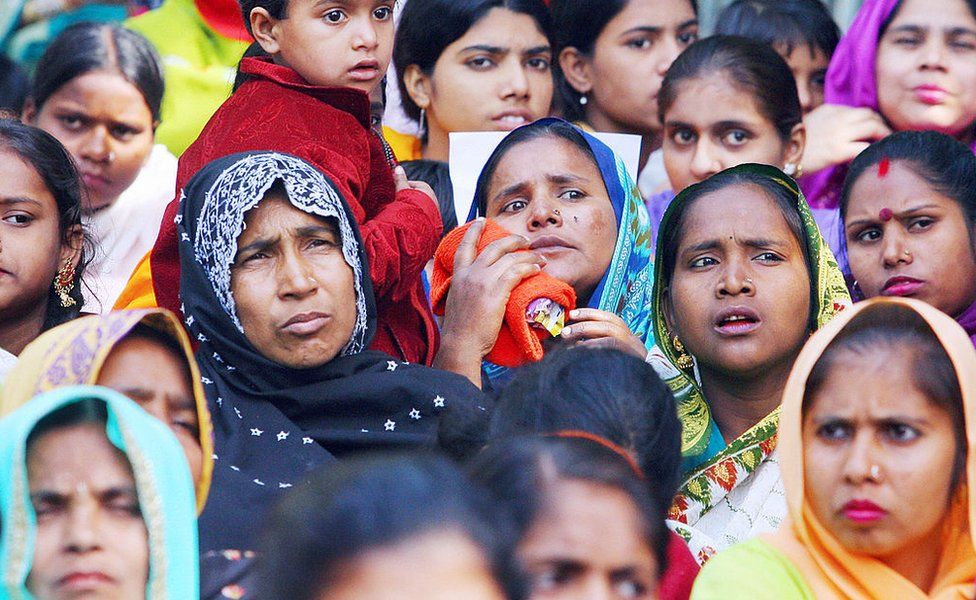
India’s $75 billion budget raises questions about its goals and demonstrates a considerable defence spending. Even while defence is an essential component of any country’s security, allocating so much money to it reflects an aggressive rather than a defensive posture. In a volatile region like South Asia, where historical animosities and strategic rivalries are deeply ingrained, this is especially worrying. The expenditures in question suggest a predilection for military solutions over diplomatic efforts to create bridges and promote discussion, a move that will only help to escalate tensions.
The foreign policy of India is significantly shaped by the country’s internal political climate. The Modi administration has frequently used the prospect of foreign intervention to fortify support at home and divert attention from urgent domestic problems. A constant focus on national defence and patriotism eclipses economic issues, social unrest, and government shortcomings. Even while it works well to mobilize the public, this strategy is ultimately unworkable. It creates an atmosphere of mistrust and terror in India as well as in its ties with its neighbors.
It is impossible to undervalue the influence of the media on societal attitudes and national narratives. In India, the official narrative is frequently mirrored by the mainstream media, which presents Pakistan as the principal enemy. In addition to misleading the public, this biased representation sow distrust and hostility. The marginalization or suppression of independent voices and opposing viewpoints frequently creates an echo chamber that feeds into preexisting biases. In a democracy, the media should inform and educate the public, but in this case, it has turned into a weapon for political disinformation.
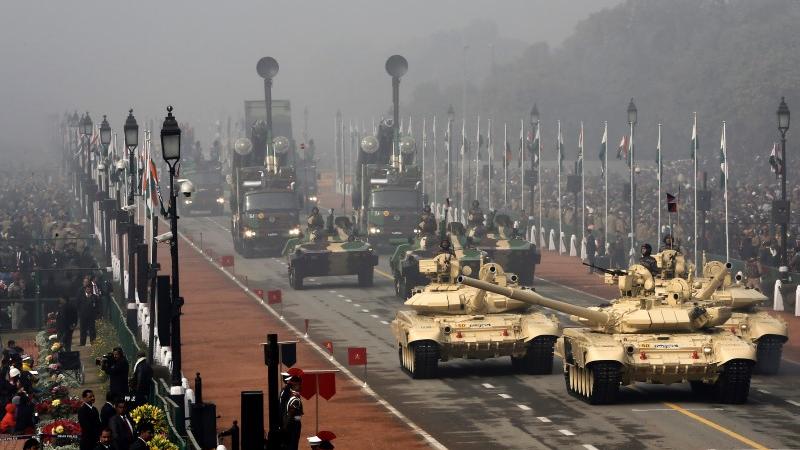
In order to promote communication and collaboration, the international community—including regional groups like the South Asian Association for Regional Cooperation (SAARC)—must play a vital role. The parameters of involvement are frequently set by geopolitical interests, but a more impartial and moral approach is required. Achieving sustainable peace requires recognizing the justifiable worries of both sides, advocating for human rights, and fostering healthy discourse. The inclination to see historical grievances, socioeconomic difficulties, and aspirations for self-determination as part of a limited lens of counterterrorism and strategic alignments obscures the larger picture of the South Asian conflict.
Under Modi’s leadership, India’s foreign policy seems to be at a turning point. One can choose to embrace a vision of mutual respect and collaboration in the region, or they can continue down the path of militarization and aggressive posturing. The former route carries significant risks for the entire area as well as for India. It runs the risk of deepening conflict, making people’s suffering worse, and denying them the chance to benefit from the shared prosperity that comes with peace. Even if it is more difficult, the latter route offers the possibility of a more peaceful and stable South Asia.
















